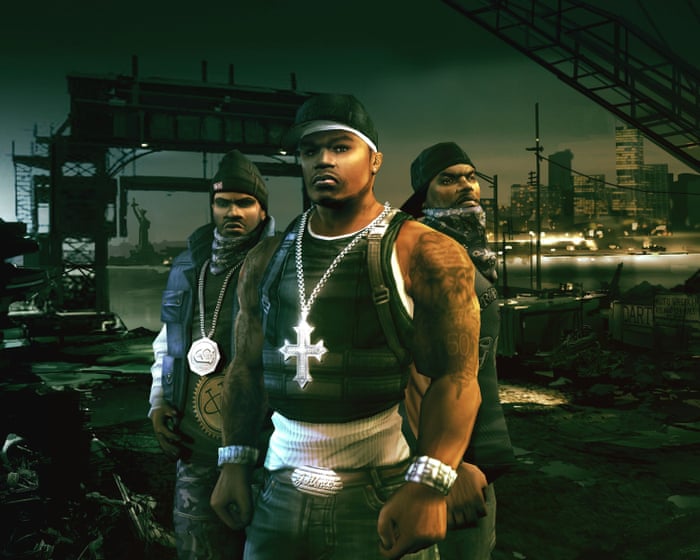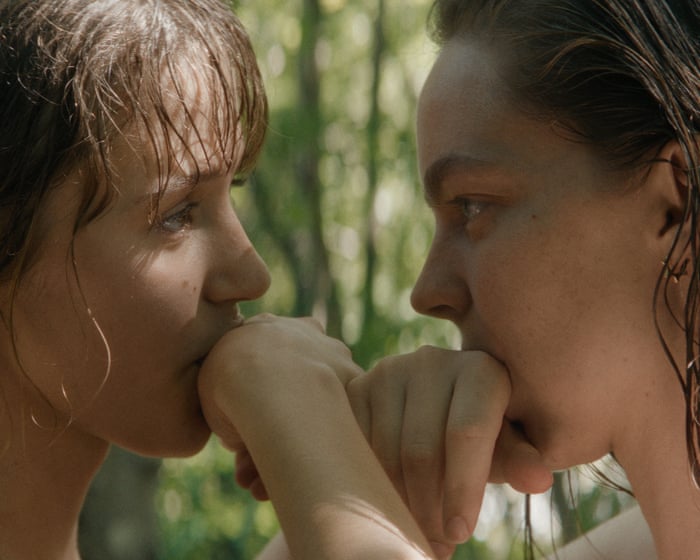Some albums seem destined for massive success, and then there’s “The Life of a Showgirl.” Taylor Swift announced her 12th studio album on her fiancé Travis Kelce’s usually sports-centered podcast, New Heights, which racked up half a billion views and broke a record previously held by Donald Trump’s appearance on The Joe Rogan Experience. Instead of posting lyric videos and behind-the-scenes clips on YouTube like most artists, Swift is releasing a “launch event” film in theaters across over 100 countries. In the U.S. alone, it sold $15 million in tickets within 24 hours. The album has also been pre-saved more than 5 million times on Spotify, setting yet another record. On the title track, Swift sings, “I’m immortal now,” which feels less like a bold claim and more like a simple truth.
The buzz is even louder because a new Taylor Swift album seemed unlikely. Despite her legendary work ethic and deep understanding of pop music’s constant demand for fresh content, you might have thought she’d take a break after the nearly two-year-long Eras tour. But instead, less than ten months after it ended, she’s back with a new album being promoted as a sharp artistic shift.
Unlike last year’s “The Tortured Poets Department,” which stretched to nearly two and a half hours with expanded editions and bonus tracks, this one is a tight 12 songs in 40 minutes. Her recent collaborators Jack Antonoff and Aaron Dessner are absent. Swift created “The Life of a Showgirl” between Eras tour dates with Max Martin and Shellback, the Swedish duo behind her biggest pop hits of the 2010s like “Shake It Off,” “Blank Space,” “Don’t Blame Me,” and “Bad Blood.”
But anyone expecting more of the same will be surprised. The energetic electronic pop of “Reputation” and “1989” is gone, replaced by breezy soft rock with acoustic guitars, hazy synths, subtle orchestration, and breathy backing vocals. The laid-back disco vibe here doesn’t evoke the wild energy of the dance floor but rather the late ’70s trend where disco rhythms and funky guitar found their way into West Coast singer-songwriters’ work.
Even more striking is the lack of catchy hooks and strong melodies. The songs are well-crafted, but only a few moments stand out: a killer chorus in “Elizabeth Taylor,” surprising key changes in “Wi$h Li$t,” and the genuinely moving “Ruin the Friendship,” where Swift returns to her hometown for the funeral of a high school crush she wishes she’d dated. “Actually Romantic” has a great chord progression, but it’s very similar to one Frank Black used in the Pixies’ “Where Is My Mind?” 37 years ago—so much so that you can sing one over the other. The rest of the album is pleasant but forgettable, which is surprising given the songwriting talent involved and Swift’s promise to “keep the bar really high.”
The lyrics, said to be inspired by her life on and off stage during the Eras tour, occasionally deliver what fans expect. “Actually Romantic” tears into an unnamed pop rival, with enough hints to show it’s a reply to Charli XCX’s “Brat” track “Sympathy Is a Knife.” “Cancelled!” addresses the Kim and Kanye-related controversies from 2015 and 2016, and “Father Figure” deals with her former label boss, Scott Borchetta.The album has its share of triumphant moments, delivered in a “needless to say, I had the last laugh” style. There are a few sharp lines scattered throughout—like the jab in “Father Figure”: “you made a deal with this devil / turns out my dick’s bigger”—but they don’t quite land. This might be because tracks like “Cancelled!” and “Father Figure” cover familiar territory, and when you’re the world’s most successful pop star, targeting a rival feels like punching down, even if she did call you “boring Barbie” behind your back.
The main lyrical focus, however, is Swift’s relationship with Kelce, which proves to be a mixed blessing. You could argue that the suburban dreams in “Wi$h Li$t” reflect Swift and her audience growing older—the fans who once related to “Love Story” or “Fifteen” are now in their 30s, possibly contemplating “two kids” and “a driveway with a basketball hoop.” Yet, despite her estimated $1.6 billion fortune, she claims to be uninterested in success and materialism, dismissing “that yacht life under chopper blades … those bright lights and Balenci’ shades.” This feels a bit hollow when, just moments earlier, she compared her fiancé’s lavish courtship to Elizabeth Taylor’s love life, namedropping the Plaza Athénée in Paris (where the cheapest room costs £2,000 a night), and sang about securing “the best booth” at the legendary Hollywood restaurant Musso & Frank.
Then there’s “Wood,” a song that, metaphorically speaking, staggers onto a pub table wearing a crooked bridal veil and an L-plate, loudly celebrating the size of her fiancé’s penis. It refers to it as his “magic wand,” “redwood tree,” and “hard rock,” with some unfortunate puns on the word “cocky.” Of course, Swift can write about whatever she chooses, oversharing or not, but comparing her partner’s anatomy to a magic wand feels like weak writing from someone who built her reputation on being a sharper, wittier lyricist than her peers.
To be fair, “Wood” is one clumsy misstep on an album that isn’t terrible—it’s just not as good as it should be, given Swift’s talents, leaving you to wonder why. Maybe romantic happiness doesn’t inspire the same compelling writing as post-breakup bitterness, or perhaps it clouds judgment. Maybe the album was rushed, or maybe its creator was simply exhausted—which would be completely understandable. Even the immortal sometimes need a break from pop’s relentless demand for new content.
This week, Alexis listened to:
Mildred – “Green Car”
A beautiful song that seems made for autumn: slow-paced, it gradually washes over you, filled with a weary sadness.
Frequently Asked Questions
Of course Here is a list of FAQs about a critical review of a hypothetical Taylor Swift show framed around the perspective you provided
General Beginner Questions
Q What is this review about
A Its a critical assessment of a recent Taylor Swift concert or tour suggesting the performance was disappointing and that Taylor seemed tired
Q Why does the review call the spectacle lackluster
A The reviewer felt the shows productionlike the stage design choreography and energywas uninspired and failed to meet the high expectations for a Taylor Swift concert
Q What does worn out mean in this context
A It suggests that Taylor Swift appeared physically or creatively exhausted during the performance lacking her usual vibrant stage presence and connection with the audience
Q Is this review saying Taylor Swift is a bad performer
A Not necessarily Its a critique of one specific show suggesting that on this particular night her performance was not up to her usual standard
Deeper Advanced Questions
Q What specific elements might have contributed to the lackluster feeling
A This could include repetitive choreography a predictable setlist minimal new staging elements or a lack of the surprise Easter eggs fans usually expect
Q Could this just be a case of reviewer bias or is it a common sentiment
A It could be one critics opinion To know if its a common feeling you would need to read multiple reviews and see if fans on social media are reporting similar experiences from that night or the tour leg
Q How does a performers fatigue actually show on stage
A It can manifest as less energetic dancing a weaker vocal performance fewer interactions with the crowd a more rigid or scripted stage presence and generally less sparkle
Q Whats the impact of such a critical review on the tours reputation
A For a superstar like Taylor Swift one negative review is unlikely to hurt ticket sales However if multiple credible sources report similar issues it could affect the perception of that specific leg of the tour
Q Arent these shows meticulously planned How can one be lackluster
A Even with immense planning variables like the artists health the specific audiences energy technical glitches or the sheer repetition of



